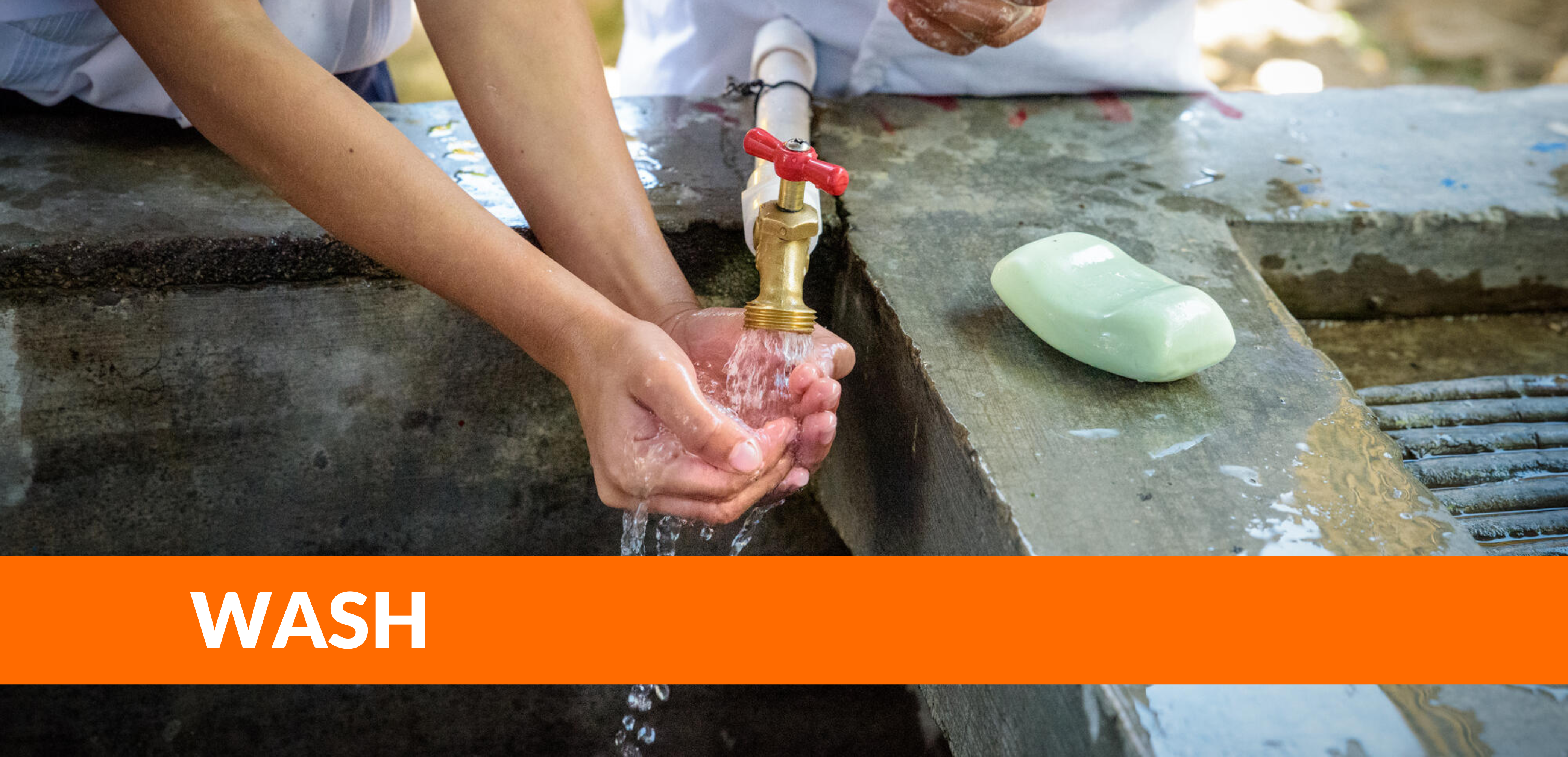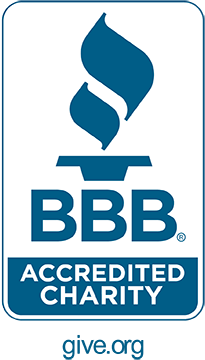Abstract: Improving access to water, sanitation, and hygiene (WaSH) and menstrual hygiene management (MHM) in schools is important to achieve Sustainable Development Goals (SDGs) 3 and 6. Inadequate WaSH and MHM in schools adversely affect student health and educational performance, as well as teacher satisfaction. However, there is little evidence describing factors associated with WaSH services and MHM in schools. We conducted 2690 surveys and collected 1946 water samples at randomly selected schools in rural areas of 14 low- and middle-income countries (LMICs). We developed multilevel mixed-effects logistic regression models to identify factors associated with basic water services, water quality, basic sanitation facilities, basic handwashing facilities, and availability of MHM materials. We found that 51% of schools had at least a basic, on-premises water service. Twenty-eight percent of schools had at least basic sanitation services, 12% had at least a basic handwashing facility, and 26% had MHM materials available. Four percent of schools had all basic WaSH services. Half (52%) of schools had drinking water compliant with the WHO guideline value for E. coli. In regression models, we found that schools that did not share their water point with a community, had a parent-teacher association that supported WaSH, or had support from an external WaSH program were more likely to have access to basic, continuous, on-premises water service versus worse access. Schools with an on-premises water point, water available on the day of survey, a health club, or handwashing stations near toilets were more likely to have a basic sanitation service versus a lower service. Schools with limited or basic sanitation, health clubs, an MHM curriculum, a designated MHM focal person, or school funds for WaSH were more likely to have MHM materials. We conclude that improved institutional management and external support, accountability mechanisms, and enhanced training and hygiene curriculum will support sustained WaSH service delivery in schools in LMICs.
Schools were studied in rural areas of 14 countries: Ethiopia, Ghana, Honduras, India, Kenya, Malawi, Mali, Mozambique, Niger, Rwanda, Tanzania, Uganda, Zambia, and Zimbabwe. These countries were selected by the project sponsor, World Vision, for an evaluation of their WaSH programs in rural areas of these countries.
Article from:
Science of The Total Environment
Volume 761, 20 March 2021, 144226





